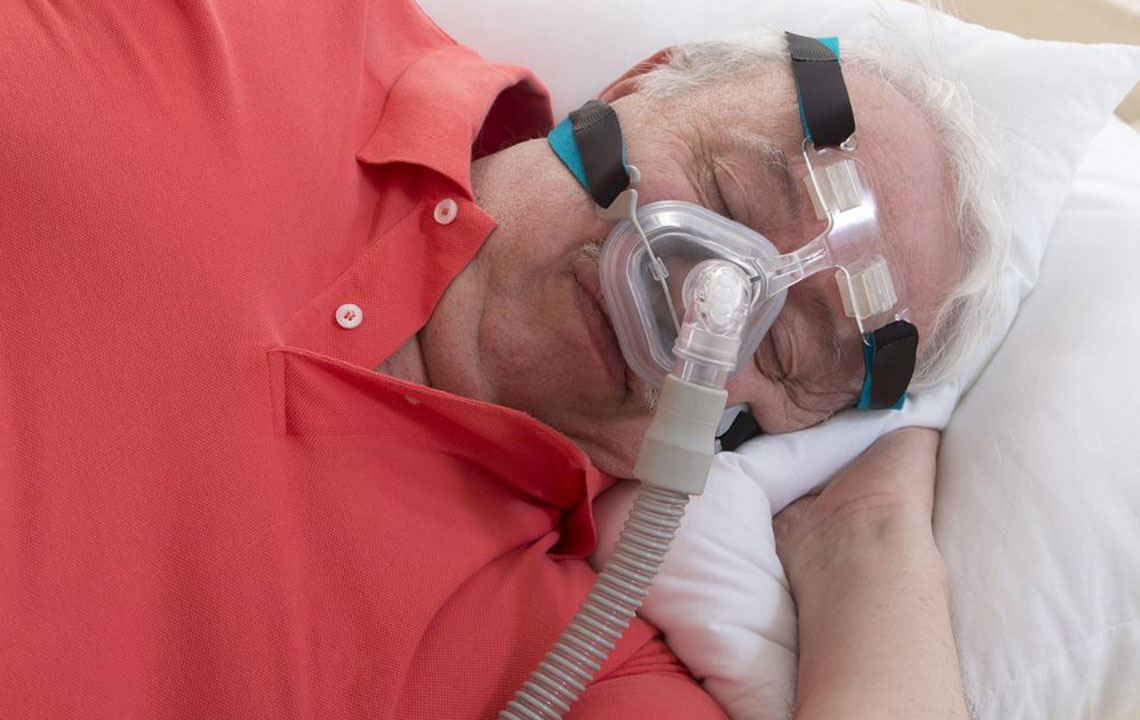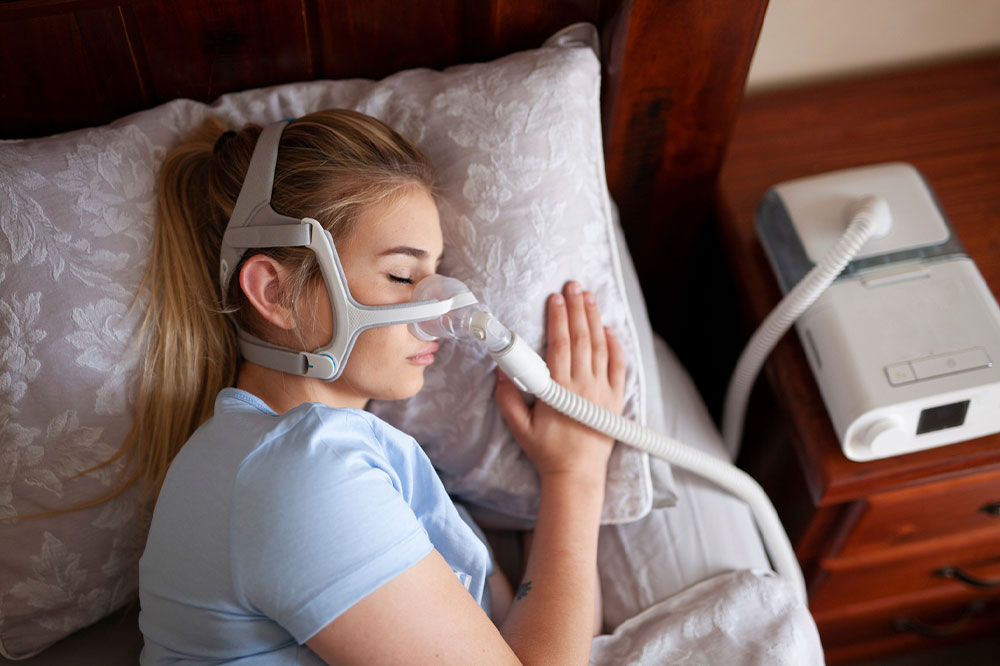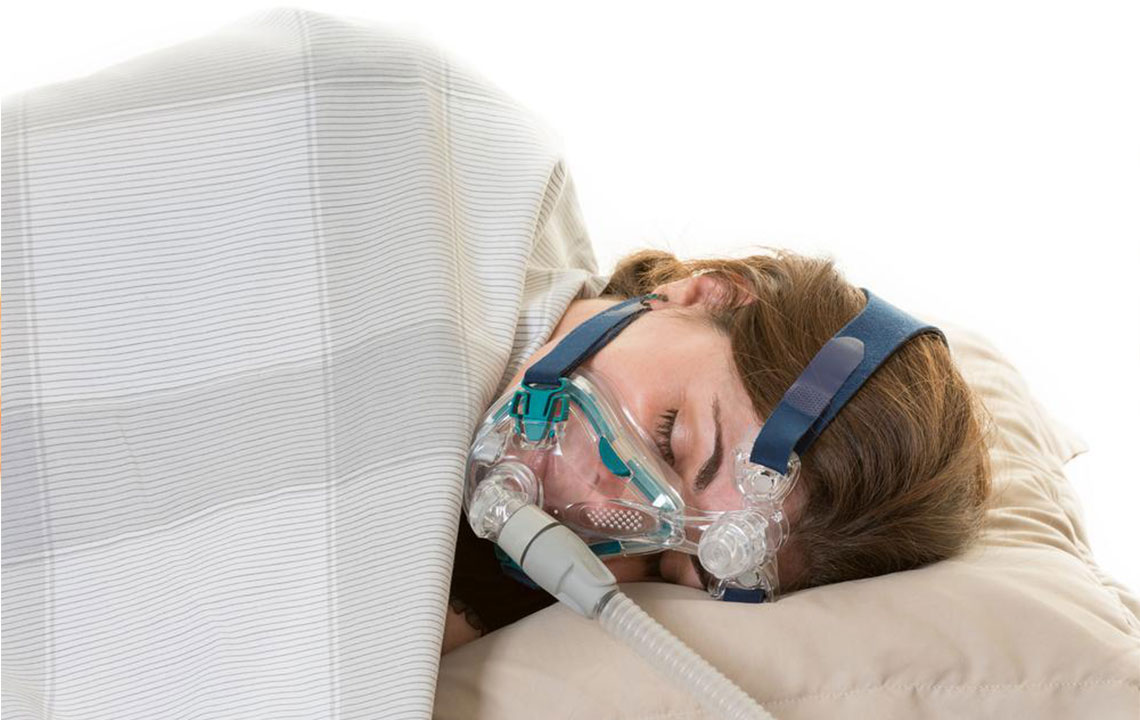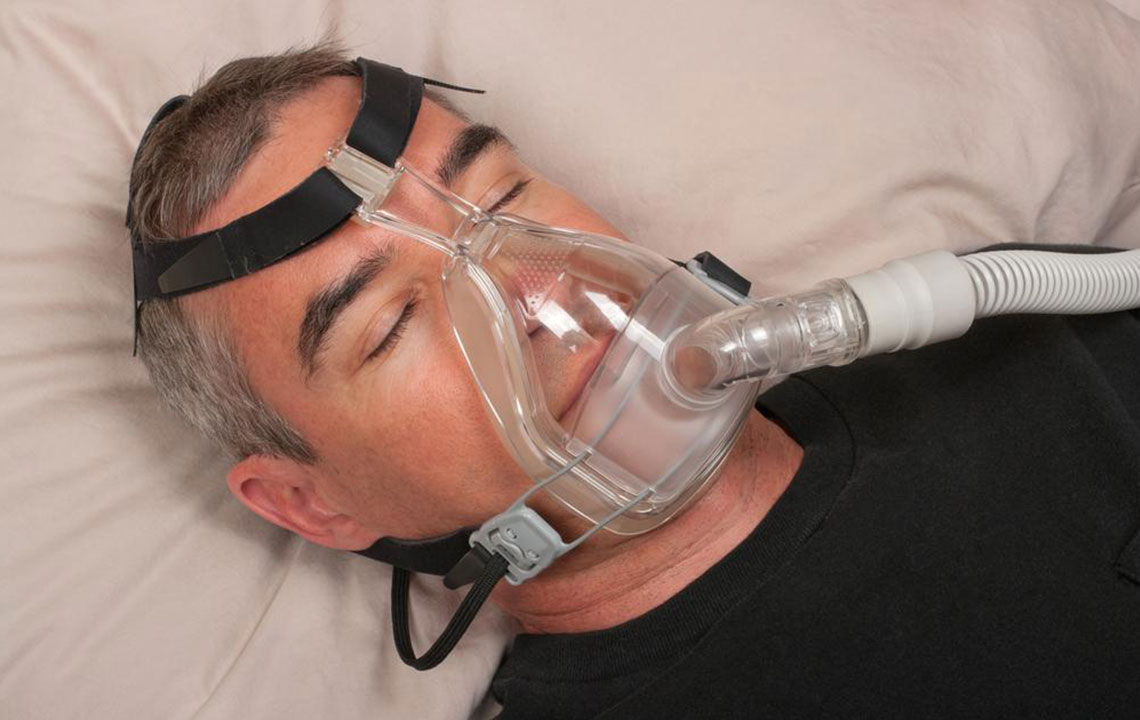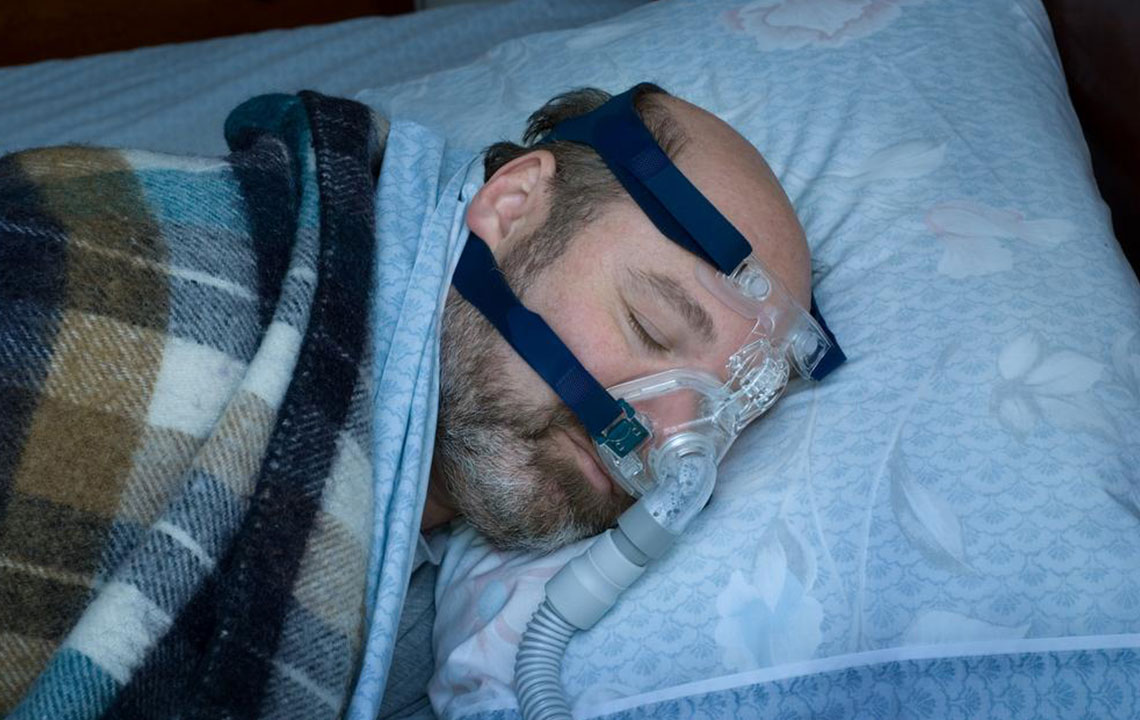Innovative Oral Devices for Managing Sleep Apnea
Discover effective non-surgical solutions for sleep apnea with custom oral appliances. These devices help keep airways open by repositioning the jaw and tongue, improving sleep quality. Available in various forms, they offer a comfortable, portable alternative to traditional treatments like CPAP. Proper fitting and consistent use are key to success, with many patients experiencing significant relief from snoring and sleep disruptions. Consult a specialist to find the best device tailored to your needs, ensuring better health and restful sleep.
Sponsored
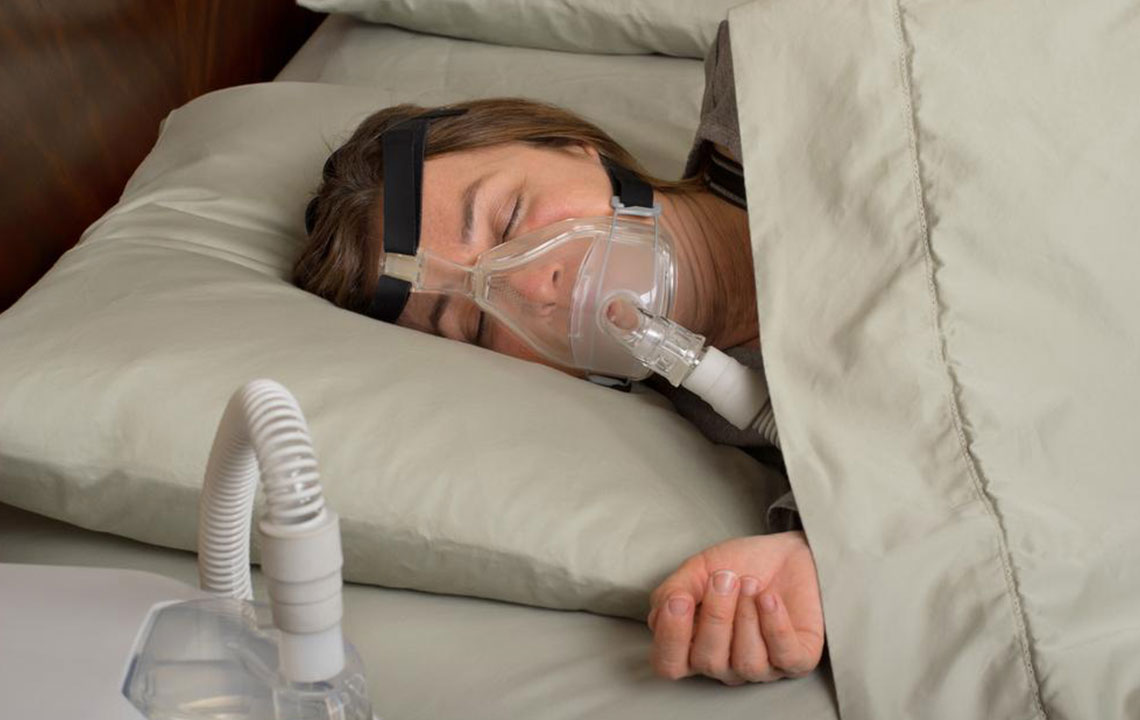
Sleep apnea disrupts normal breathing during sleep, causing irregular breathing patterns due to insufficient oxygen intake for the brain and body. Untreated, it can lead to serious health issues.
Oral therapies are a non-invasive solution to control sleep apnea. These devices do not cure the condition but help keep the airway open by repositioning the jaw and tongue, promoting better airflow and restorative sleep.
Worn during sleep, these appliances resemble orthodontic retainers or mouthguards. They offer numerous advantages over other treatments because they are compact, user-friendly, and portable, ideal for travel.
Mandibular Advancement Devices (MAD): These are the most widely used sleep apnea oral appliances. MADs work by moving the lower jaw forward, which prevents the airway from collapsing, ensuring continuous airflow and reducing snoring.
Tongue Retaining Devices (TRD): These devices hold the tongue in a forward position without moving the jaw. They are simpler and often preferred for their comfort, although it may take time to adjust.
Combination Therapy with CPAP and Oral Devices: For severe cases, a custom device can be used alongside a CPAP machine to optimize treatment conditions, sometimes allowing for lower airway pressure settings.
Boil and Bite Appliances: Soft, thermoplastic devices molded by a dentist to fit your teeth. They are affordable and easy to make but less durable than lab-made options and may exert pressure on some teeth.
Lab-Fabricated Devices: Custom-made by dental professionals using impressions, these appliances are highly comfortable and tailored, making them suitable for long-term management despite higher costs.
Properly fitting oral appliances are effective in preventing airway collapse by supporting jaw or tongue positioning. A specialized sleep dentist can ensure an accurate fit. While CPAP remains the gold standard, many prefer oral devices for their convenience and comfort, especially in mild to moderate cases.
Studies show that oral appliances effectively reduce snoring in 90% of cases and help 70% of moderate sleep apnea sufferers. Consistent nightly use is essential, as discontinuation may cause symptoms to recur. Tailoring the right device involves ongoing follow-up and personalized care, increasing success rates.
These appliances work by stabilizing and repositioning the jaw and tongue, requiring weeks or months of therapy. Combining appliance therapy with other treatments is possible, depending on individual needs and physiologic factors.

